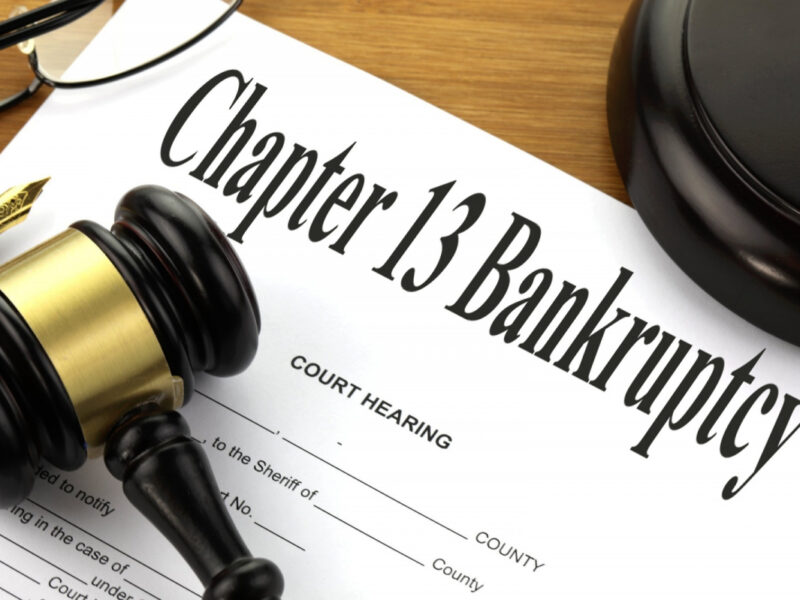No. The 6th Circuit has established an “omitted creditors rule” in the case In re Madaj, 149 F3d 467 (1998).
Here is a summary of the Madaj opinion and holding:
1. The confusion regarding the treatment of omitted creditors is due to a line of cases that perpetuates the erroneous view that once a case is closed, the debtor must have his case reopened in order to discharge a pre-petition debt not listed on the bankruptcy petition.
2. In a Chapter 7 no-asset case, reopening the case merely to schedule an omitted debt is for all practical purposes a useless gesture.
3. Amending the schedules is pointless because this debt is discharged and reopening the case and scheduling the debt cannot affect that fact.
4. A discharge under 11 USC §727 discharges every prepetition debt unless that debt is specifically excepted from discharge under 11 USC §523.
5. Section 523(a)(3)* contains the only exceptions to discharge for unlisted and unscheduled debts.
6. Creditors in a no asset case do not stand to gain by having their debts scheduled, nor do they stand to lose by having their debts omitted from the schedules.
7. There is no reason to reopen a Chapter 7 no-asset case in order to amend the schedule of debts.
8. The amending of the schedule of debts has no effect on the dischargeability of an unscheduled debt in a Chapter 7 no-asset case.
9. A debtor cannot change the nature of the debt by failing to list it in their petition or schedules.
10. Once the order of discharge is entered all of the debtor’s prepetition debts are either discharged or they are not discharged; nothing the debtor does after the entry of the order of discharge can change the character of those debts.
11. The reopening of the Debtor’s Chapter 7 case to permit the amendment of the schedules can have no effect whatsoever – the debt in question, listed or not, is discharged.
